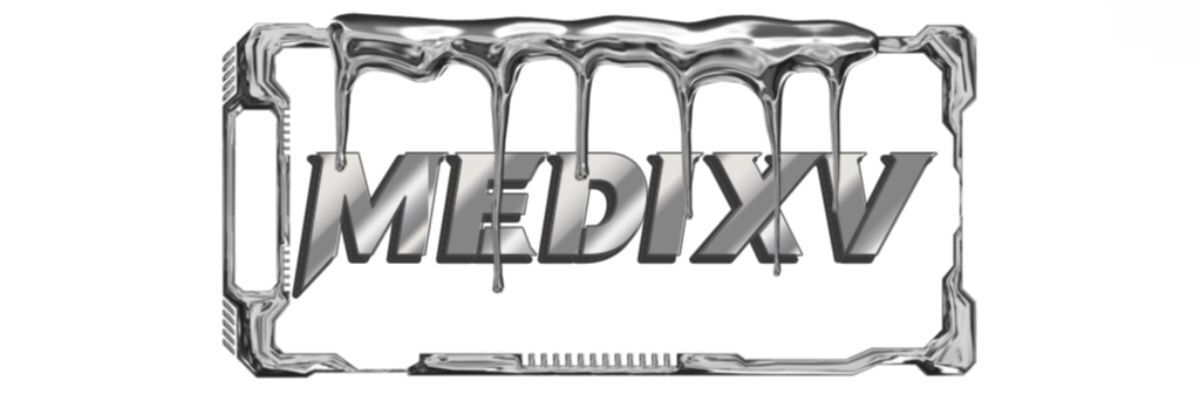Key Questions to Ask When Choosing Surgical Suture Types and Applications
lookmed Product Page
Key Questions to Ask When Choosing Surgical Suture Types and Applications
Choosing the right surgical suture is crucial for ensuring patient safety and the success of surgical procedures. With various types of sutures available, medical professionals must ask the right questions to make informed decisions. Here, we explore critical questions along with pertinent statistical data and sources to aid in the selection process.
What Are the Different Types of Surgical Sutures?
Surgical sutures can be categorized into two main types: absorbable and non-absorbable. According to the National Institutes of Health, absorbable sutures, such as polyglycolic acid, are broken down by the body over time, making them ideal for internal suturing where removal is not feasible. Non-absorbable sutures, like silk and nylon, require removal post-healing and are suitable for external wounds.
What Factors Should Influence Suture Selection?
When choosing a suture, consider the following key factors:
- Type of Tissue: Different tissues require different suture materials. For instance, skin may benefit from non-absorbable sutures, while internal organs may require absorbable sutures.
- Wound Location: Sutures used in highly mobile areas must have elasticity for better support. Reports indicate that 30% of complications stem from improper suture selection based on wound location (Journal of Surgery).
- Risk of Infection: In contaminated wounds, materials with lower infection rates, like coated Vicryl, are recommended. A study published in the Journal of Trauma showed infection rates differ significantly based on suture type, with coated sutures reducing infections by 30%.
What Are the Common Suture Materials Available?
Key materials include:
- Silk: Traditionally used for skin and soft tissue. Known for its excellent handling properties.
- Nylon: Popular for its high tensile strength and elasticity, suitable for skin closures.
- Polypropylene: A non-absorbable suture known for its inertness and used in cardiovascular procedures.
- Polyglactin (Vicryl): A commonly used absorbable suture, effective for soft tissue approximation.
What Are the Advantages and Disadvantages of Each Type?
Understanding each suture's pros and cons is critical:
- Absorbable Sutures:
- Advantages: No need for removal, reduced risk of infection.
- Disadvantages: Time for absorption can vary; certain types may not provide enough tensile strength over time.
- Non-absorbable Sutures:
- Advantages: Long-lasting, maintain tensile strength indefinitely.
- Disadvantages: Require removal, potentially increasing infection risk if not handled properly.
What Are the Latest Trends and Technologies in Suture Materials?
Recent innovations have introduced smart sutures equipped with antimicrobial properties, reducing the risk of post-operative infections. A 2021 study from the Frontiers in Surgery indicated that sutures embedded with antimicrobial agents reduced infection rates by up to 50% in clinical trials.
How Can Proper Suture Technique Impact Patient Outcomes?
According to the Journal of Surgical Research, improper suturing techniques can lead to a 16% increase in wound dehiscence (wound reopening), emphasizing that medical practitioners must prioritize training in proper suture techniques alongside material selection.
Conclusion
Choosing the appropriate surgical suture is paramount for optimizing patient outcomes and minimizing complications. By questioning the type of suture, materials, and techniques involved, surgical professionals can make well-informed decisions that enhance healing and reduce infection risks.
For more information, please visit our website.
The company is the world’s best Punch Biopsy Forceps Uses supplier. We are your one-stop shop for all needs. Our staff are highly-specialized and will help you find the product you need.


Comments
0